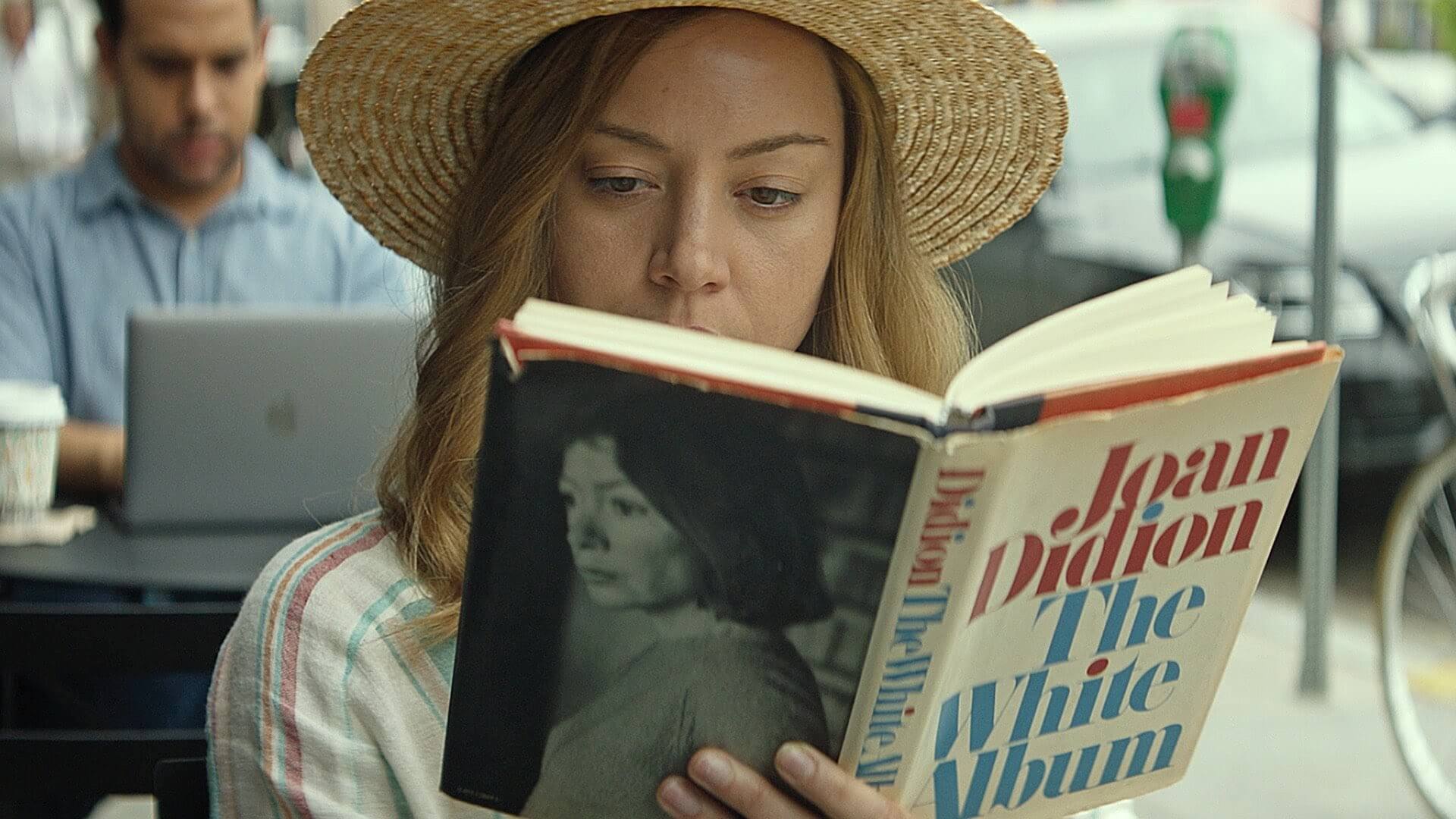INGRID GOES WEST. The Bitter Taste of Exhibitionism

As reported by UrbanDictionary.com, “instadrama” refers to a situation in which Dantean scenes unfold in the comments section on the profile of a user on the Instagram platform. However, I would describe the debut feature film by Matt Spicer, previously known for several successful shorts, as the epitome of instadrama – a drama driven by the themes of this social media medium. “Ingrid Goes West” (2017) is a bittersweet portrait of contemporary young people whose worldview often does not extend beyond the boundaries created by filters, the Instagram reality. Yet Spicer’s somewhat amusing film, if it invokes laughter, does so with tears.

Black comedy, satire, tragicomedy – terms that frequently appear in reviews clearly reference the humor present in “Ingrid Goes West.” While there are plenty of amusing scenes, they often serve to plunge us into a sense of profound sadness and contemplation about the fate of contemporary young people. If they can be so easily manipulated through social tools, what future awaits them? In what condition will humanity be when those who do not know or need internet exhibitionism disappear? These questions come to mind while watching “Ingrid Goes West,” the story of its titular character (Aubrey Plaza), who, after her mother’s death, decides to head to California to befriend an Instagram celebrity, Taylor Sloane (Elizabeth Olsen), whom she sees as her kindred spirit. It quickly becomes apparent that this isn’t Ingrid’s first attempt of this kind – she had previously been an Instagram stalker, but the operation under the codename TAYLOR was definitely the best-planned and executed in her “portfolio.” Interestingly, Ingrid quickly achieves her goal and begins to spend more and more time with her idol, basking in her online glow. However, as one might suspect, the eccentric and socially unfit protagonist’s plan isn’t perfect, and the consequences of Ingrid’s actions may prove to be incredibly painful for her.
In a time when women rent bouquets of roses for a few dozen minutes to photograph themselves with them and publish such photos on Instagram, desperate attempts to find friendship online don’t seem particularly unusual. Yet, this quasi-comedic convention adopted by Spicer only highlights Ingrid’s crushing loneliness even more strongly. The protagonist doesn’t talk much about her feelings – there may be two or three such scenes – but when she does, we feel that it’s incredibly difficult for her. As we begin to understand her emotional state, all the comedic scenes become significantly less funny. Spicer ridicules the artificiality of excessive exhibitionism and the hypocrisy of internet influencers (how I hate that word!) – there’s a scene in “Ingrid Goes West” where an employee of a trendy eco-/vegan-/organic café (do we really need to specify?) greets the protagonist with the question “What is your biggest emotional wound?” admitting that in his case, it’s his relationship with his father. The absurdity of this situation is funny only on the surface because within this conventionally forced “question of the day,” lies a whole range of negative emotions and private failures. Unlike individual episodes of “Black Mirror,” which depict the impact of new technologies on society in a terrifying and repulsive way, “Ingrid Goes West” is full of sad observations about the reasons why we escape into social media. Today, socializing isn’t the main reason for using this communication channel; it’s escapism.

Spicer’s film doesn’t have the hallmarks of a debut – it’s wonderfully directed and even better executed. The debutant directs the actors excellently – in addition to Plaza and Olsen, also the supporting male actors: O’Shea Jackson, Wyatt Russell, and Billy Magnussen – and has a knack for choosing other collaborators. Bryce Fortner perfectly captures the specificity of instadrama with his shots, almost transporting us into the filtered world of Instagram, while the music by the duo Jonathan Sadoff-Nick Thorburn creates a truly Californian, sunny atmosphere. Despite its attractive form, “Ingrid Goes West” speaks to the viewer primarily through its content, serving as a manifesto of concern about contemporary society and a warning against further following the path laid out by social media. In this seemingly light film, there are many precise sociological observations that – although made on American soil – can be successfully applied to Polish realities. And when we do that, we’ll find that in Spicer’s film, it’s more sad than funny.

